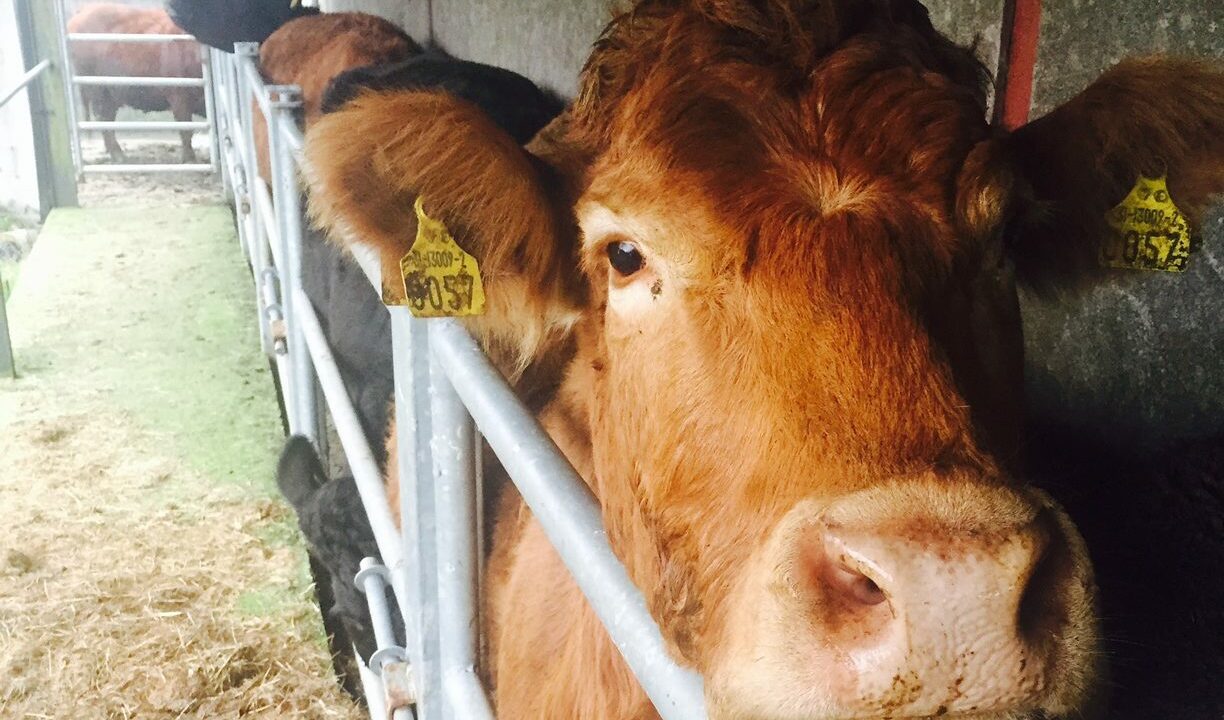The body representing veterinary practitioners in Ireland has called on Minister for Agriculture, Food and the Marine Charlie McConalogue to “follow a science-based response” to addressing the issue of antiparasitic resistance in Ireland.
Veterinary Ireland has said that antiparasitic – or anthelmintic – resistance is a worldwide phenomenon, and is both a public health issue as well as being a “serious issue for the agri-food industry here in Ireland”.
The organisation said that the ability to farm livestock on grazing systems is only possible where parasitic disease can be managed effectively.
According to a study carried out by the Department of Agriculture, Food and the Marine in 2016, 56% of worming interventions in sheep were not effective.
Another study, in 2017, found “extremely high levels” of resistance to all groups of wormers in cattle.
Veterinary Ireland cited a case of high mortality on a dairy farm in Wales where adult cows died due to the inability to treat lungworm infections due to resistance.
Speaking today (Monday, June 26), vet Conor Geraghty, the chair of Veterinary Ireland’s medicines working group, commented: “To address the issue of resistance we must ensure that the right product is given to the right animals at the right time…and that parasite control become a planned farm-specific procedure.
“The gateway to this outcome is through proper, scientific, farm-specific advice from the farmers’ vet where a client-patient-practice relationship (CCPR) is in existence.”
According to Geraghty, this advice must be ongoing and monitored, and must take account of farm specific issues such as epidemiology, pharmacology, stocking densities, buying policy, and local factors.
“Proper tailored advice from the farmers’ own veterinary practitioner will result in farmers using less antiparasitic veterinary medicines resulting in savings to farmers and improved farm productivity and profit while addressing resistance,” he added.
His Veterinary Ireland colleague, Kate O’Dwyer, who heads the organisation’s food animal interest group, commented: “These medicines are precious resources to be used prudently for the preservation of human, animal and environmental health and should not be treated as input commodities.
“We need to follow European and international best practice because failing to do so could risk Ireland’s reputation as a food producing country.”
At the Veterinary Ireland AGM in November, Minister McConalogue said that antiparasitic resistance was a “worrying development” that threatened the sustainability of the grass-based production model.
The minister also said that he had introduced a targeted advisory service on animal health (TASAH) programme to specifically focus on parasite control.
Commenting on this, Geraghty said: “It is vital that the minister continues a science-based and internationally credible approach to addressing the issue of anthelmintic [antiparasitic] resistance.
“This is to the ultimate benefit of the farming community and also human and animal health,” he added.
